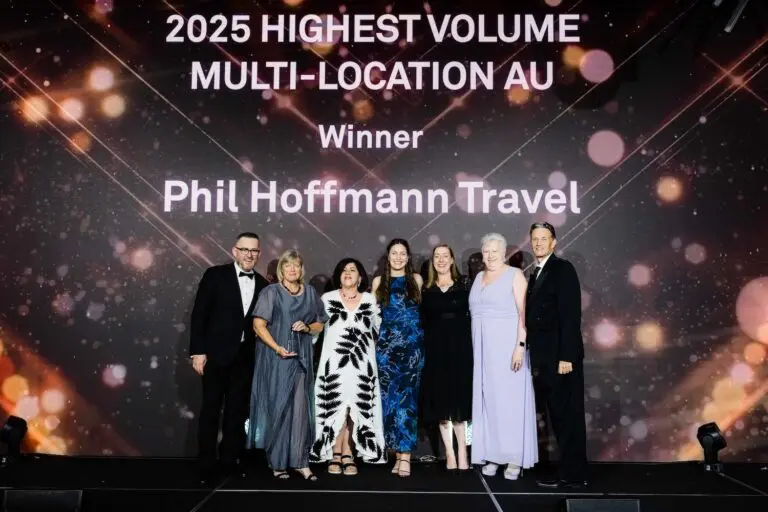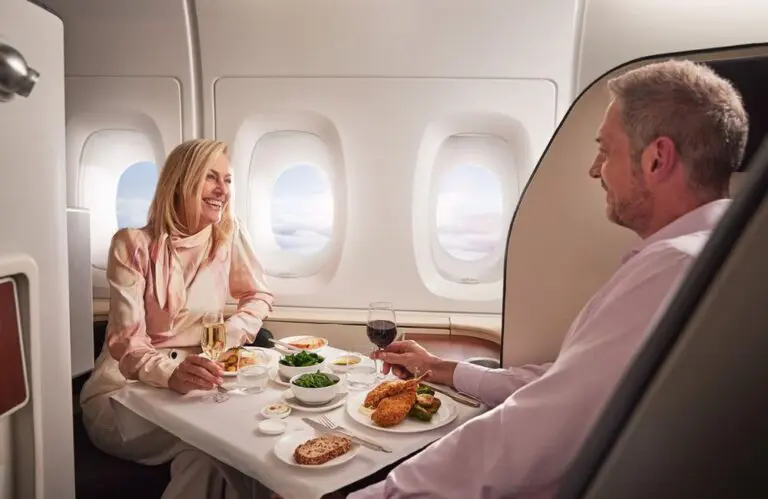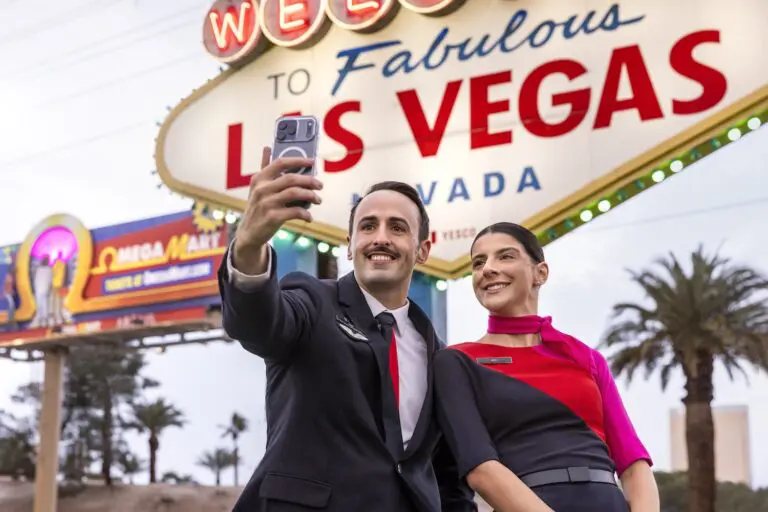Sports tourism continues to score with a whopping 82 per cent of Australians planning to travel for a sports event in the next 12 months and half of Aussies (50%) keen to take in two or more sports-related trips aka sportscursions in 2026.
According to UN Tourism, sports tourism now accounts for 10 per cent of global tourism spending and is projected to reach USD$1.3 trillion by 2032 with several big-ticket events on the horizon.
Building on recent research that shows travel for major events is booming among business travellers, a new Expedia Group study found sports tourism is a powerful trend that drives international travel, boosts local economies and increases overnight stays.
Globally, 44 per cent of sports fans travel internationally for events, particularly Gen Z and Millennials, with three in five staying outside host cities and boosting local economies.
Aussies love sports tourism

The global research also found Aussies are among the biggest spenders for sportscursions, allocating an average of AUD$2,680 per trip with significant spending on accommodation, flights and entertainment.
Football (soccer) is the top choice for Aussie sports tourists (24%), followed by tennis tournaments (20%).

Almost two-thirds (28%) of Aussie travellers’ most recent sporting events included both genders, the highest out of all regions surveyed.
Additionally, there’s a surge in interest in women’s sporting events with younger fans driving demand for mixed-gender and female-led competitions.
How advisors can leverage the sportscursion trend

As Queensland gears up to host the Brisbane Olympics in 2032, the data highlights a big opportunity for the travel industry to tap into this high-value market.
The growing trend of sports-driven travel is already fuelling economic growth for host cities and creating peak demand periods for accommodation providers.

Advisors can tap into the trend to leverage key sports events by optimising pricing, boosting visibility to drive bookings during high-demand periods and developing packages that directly target these high-value travellers.






